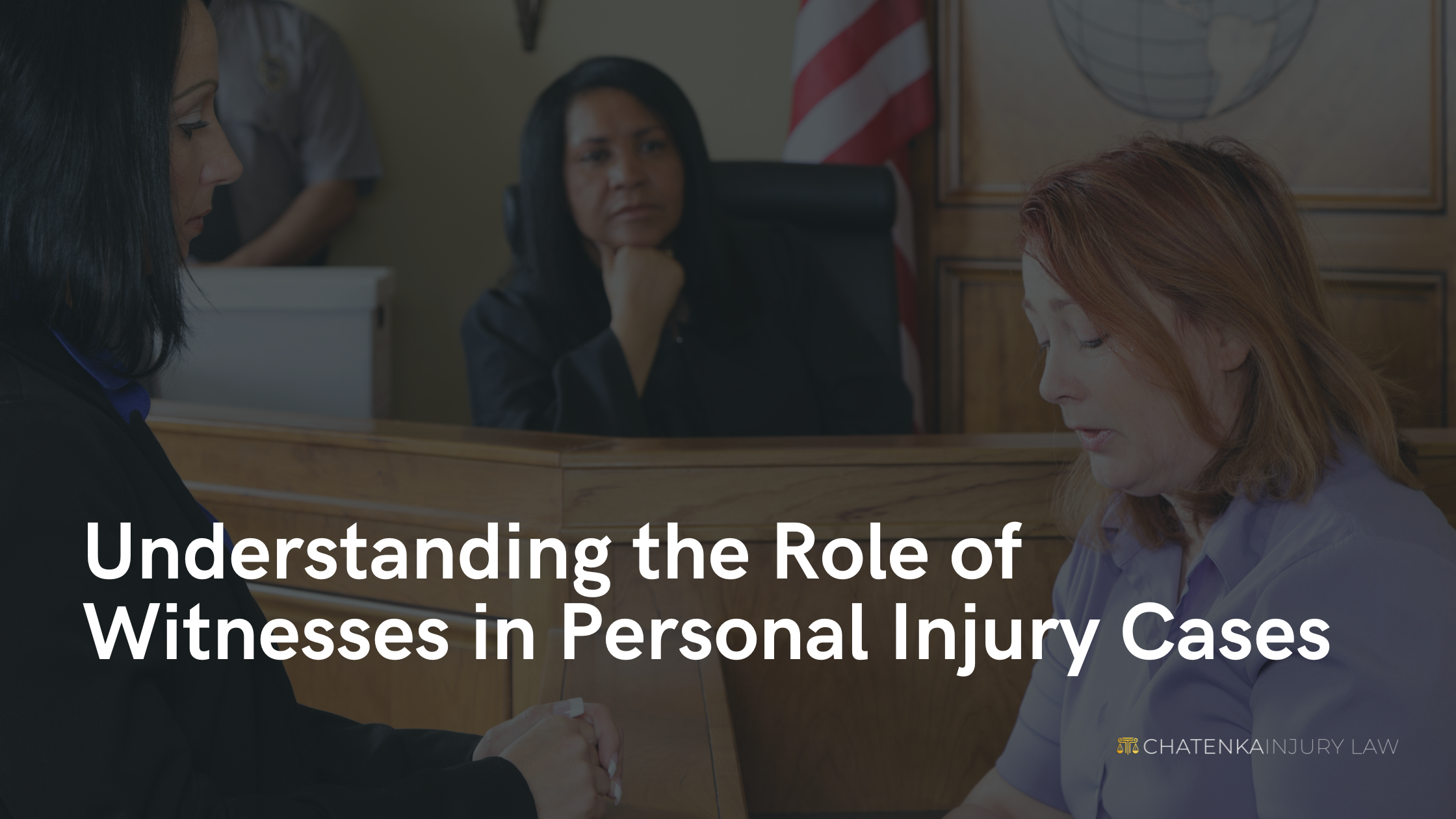Understanding the Role of Witnesses in Personal Injury Cases
When you’ve been injured in an accident, the facts matter—and so does how those facts are backed up. That’s where witnesses come in.
Whether it’s a car crash, slip and fall, or another kind of injury claim, witness statements can carry serious weight. I’ve seen solid cases get even stronger because of one bystander who took a moment to speak up.
If you’ve never been through a personal injury case before, you might not realize just how important witnesses can be—or how to make the most of their testimony. So let’s walk through it.
Why Witnesses Matter in Personal Injury Cases
A witness is anyone who saw or heard what happened before, during, or after your injury—and who doesn’t have a direct stake in the case.
Their job? To back up your version of events with an objective account.
Here’s why that matters:
✅ They Provide Unbiased Support
Unlike drivers, passengers, or family members involved, independent witnesses don’t have anything to gain. That makes their statements incredibly valuable in the eyes of insurance companies—and if it goes to trial, to a jury.
✅ They Can Clarify Fault
In “he said, she said” situations (which are very common in car accidents), a witness might be the deciding factor in proving who was at fault.
✅ They Can Fill In Gaps
Sometimes, injuries or trauma make it hard for the victim to remember what happened. A good witness can help reconstruct the timeline, describe conditions, or even testify to your behavior after the incident (like whether you appeared hurt or disoriented).
Types of Witnesses That Can Help Your Case
There are a few different kinds of witnesses that may be involved in a personal injury claim:
Eyewitnesses: People who saw the accident happen. This is the most common and powerful type.
First Responders: Police officers or paramedics who observed your condition or heard statements at the scene.
Medical Experts: Doctors who can testify about your injuries, treatment, or long-term impact.
Accident Reconstruction Experts: Used in more complex cases, they can break down how the crash occurred based on physical evidence.
What to Do If You Have (or Need) Witnesses
If you’re at the scene of an accident and physically able to do so, try to:
Get names and contact info from anyone nearby who saw the incident.
Ask for a quick statement if possible—or note what they observed.
Mention witnesses to police, so they’re included in the accident report.
If you’re already home and trying to build your case, that’s where I come in. I can:
Track down witnesses mentioned in the police report
Review surveillance footage to identify potential witnesses
Contact and interview witnesses professionally
Get written or recorded statements that support your claim
What If There Were No Witnesses?
Don’t worry—this doesn’t automatically hurt your case. We can use other tools like:
Crash scene photos
Vehicle damage
Medical records
Expert testimony
But if a credible witness is available, I’ll make sure we find them and include their statement the right way.
Final Thoughts
In personal injury law, the truth matters—but proof matters more. And a good witness can help bridge the gap between your word and what the insurance company is willing to believe.
If you’ve been hurt and need help gathering witness statements, building your case, or simply figuring out what happens next—call Chatenka Injury Law today for a free consultation.
I’ll listen to your story, walk you through your options, and help build a case that stands on solid ground.


